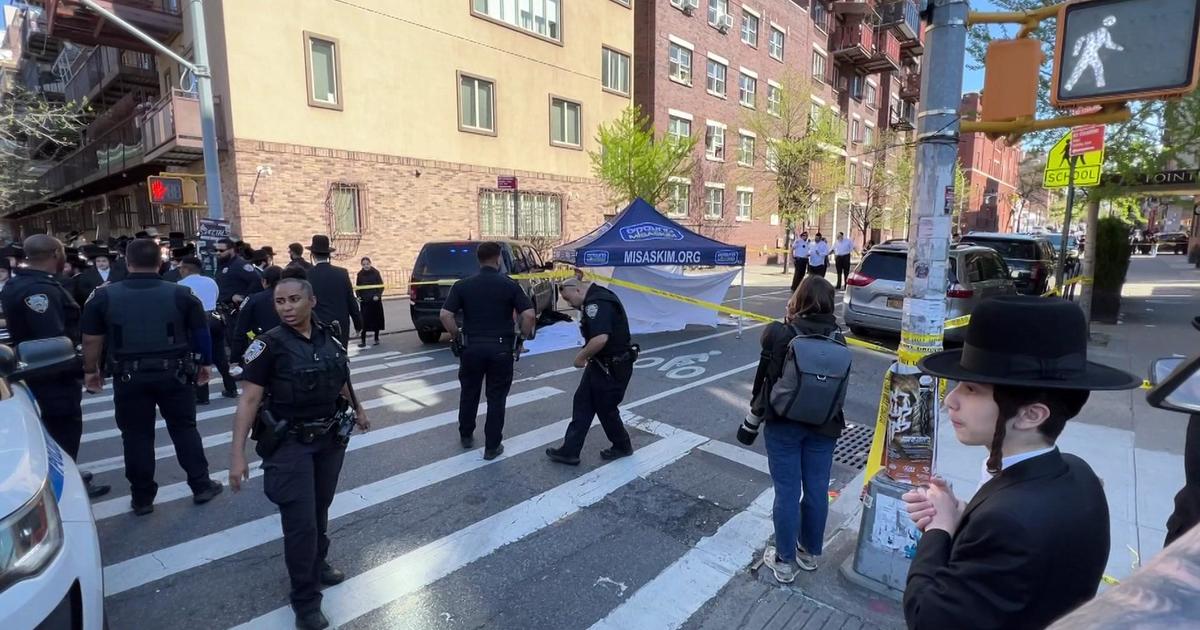Preparing Your Yard For The 17-Year Cicada
RHINEBECK, N.Y. (CBSNewYork) -- The 17-year cicadas will come out of hiding before you know it, and if you have just landscaped your yard, you might want to take some precautions.
As WCBS 880's Deborah Rodriguez reported, when the cicadas poke their heads out of the ground in the next week or two, they will latch right onto trees and bushes – posing a problem to smaller, tender plantings.
Preparing Your Yard For The 17-Year Cicada
"They are essentially putting holes in the leaves and if a plant is small enough, it could mess with the photosynthesis," said Norbert Lazar of the Phantom Gardener in Rhinebeck.
The cicadas can also make branches so heavy with their buried eggs that they will snap right off.
Lazar recommends a special quarter-inch mesh – finer than the stuff you may have already.
"Bird netting has wider opening to keep the birds out," he said. "This other netting, it's a tighter netting."
As CBS 2's Lou Young explained last month, scientists are tracking 15 different broods of periodic cicadas, insects that spend 17 years below ground and emerge with wings, flying around, making noise and mating in the last weeks of their life.
The current group, Brood No. 2, is one of the largest ever -- numbering in the billions.
And are they ever noisy. Their mating call has been measured at 100 decibels, similar to the noise created by a subway train.
This year, the activity is expected to spread from Georgia to New Hampshire, with parts of the New York Metro area seeing the largest numbers. People in northern New Jersey, Westchester and coastal Connecticut are expecting a noisy summer.
The thing to remember is that the cicadas will not hurt you, beyond keeping you up at night and crunching underfoot after they mate and die.
And the adults only have a lifespan of four weeks.
After the cicadas mate, the females lay their eggs and then they die, University of Connecticut research scientist John Cooley told WCBS 880's Wayne Cabot. The eggs then hatch six to eight weeks later and the little cicadas go into the ground to start the 17-year cycle all over again.
Waves of 17-year cicadas strike different regions of the country at different times. While the Tri-State Area saw invasion in 1979, 1996 and now in 2013, the Chicago area saw them in 1973, 1990 and 2007 – meaning that someone who might have moved from Chicago to New York recently might get their second experience with 17-year cicadas in a mere six years.
You May Also Be Interested In These Stories



